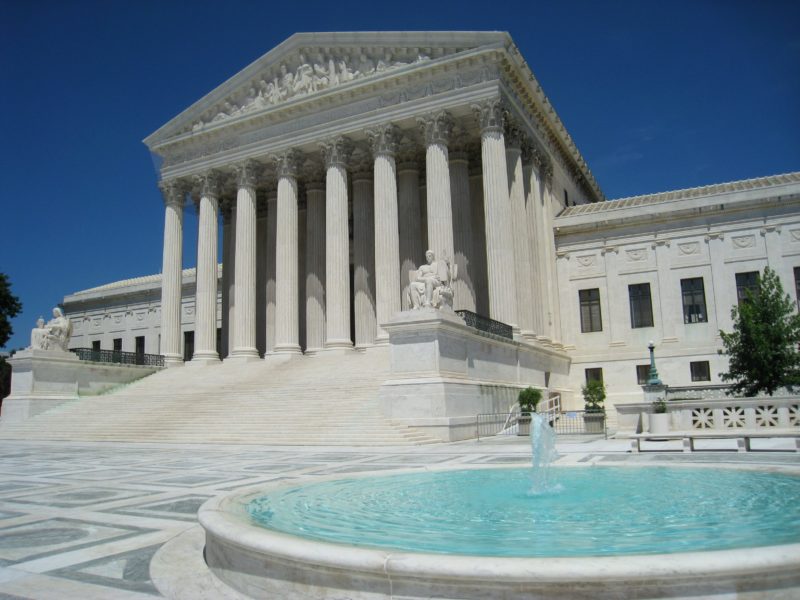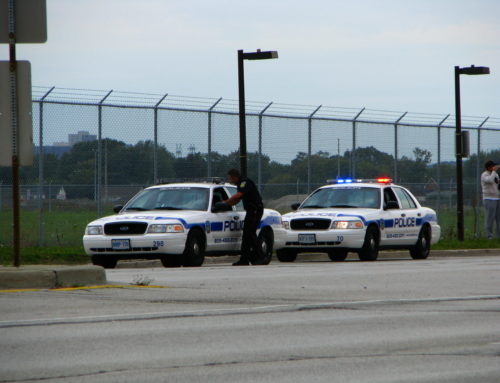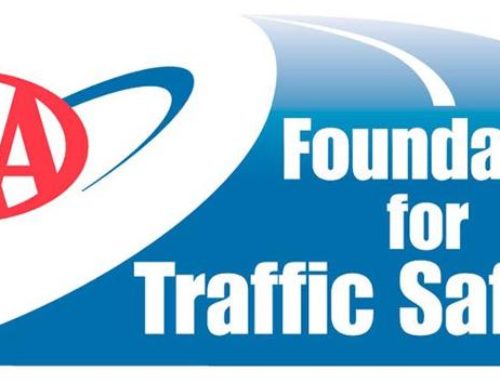The U.S. Supreme Court is considering whether a person can be charged with a crime for refusing a breath, blood or alcohol test if the police do not have a search warrant in what could have huge implications for drunk driving cases.
Three similar cases have been brought in front of the U.S. Supreme Court recently. The Court has decided to combine the three cases into one hearing in a joint one-hour session.
On December 11th, the Court decided to officially consolidate the three cases, two from North Dakota and one from Minnesota, dealing with the issue of breath tests without a search warrant. The lead case is Danny Birchfield v. North Dakota in which the U.S. Supreme Court will review a decision by the Supreme Court of North Dakota that they state “may criminalize any refusal” by a driver to submit to a breath, blood or urine test, according to the filing.
Advocacy groups, such as Mothers Against Drunk Driving, supports penalties for suspected drunken drivers who refuse a chemical test, wrote Becky Iannotta, wrote the communications manager at the organization’s national office in Washington, D.C.
“Law enforcement needs to have all tools at their disposal to keep our roads safe from drunk driving, which kills 10,000 people every year,” Iannotta said.
In most states, is becomes a Catch-22 issue for clients, because if they exercise their legal right to refuse any roadside tests, they will end up getting additional charges because of the refusal.
An article in USA Today, offers some additional context on the Court’s previous findings.
The Supreme Court has ruled in general that police cannot search a driver or vehicle upon arrest without a warrant unless it’s for their own personal safety or to preserve evidence.
The court ruled in 2013 that police could not conduct blood tests for drunk driving without a warrant. Based on that, the challengers in the Minnesota and North Dakota cases said, refusing such tests should not constitute a separate crime.
“Nationwide, it is certain that tens, and perhaps hundreds, of thousands of people are subjected to criminal penalties under these statutes every year — and if the arguments presented here are correct, the federal constitutional rights of all of these people are being infringed,” their brief to the high court said.
Stay tuned as we will share their ruling, when available.
The exclusive purpose of this article is educational and it is not intended as either legal advice or a general solution to any specific legal problem. Corporate offices for Nave DWI Defense Attorneys are located at 432 N. Franklin Street, Suite 80, Syracuse, NY 13204; Telephone No.: 1-866-792-7800. Prior results do not guarantee a similar outcome. Attorney Advertising.







